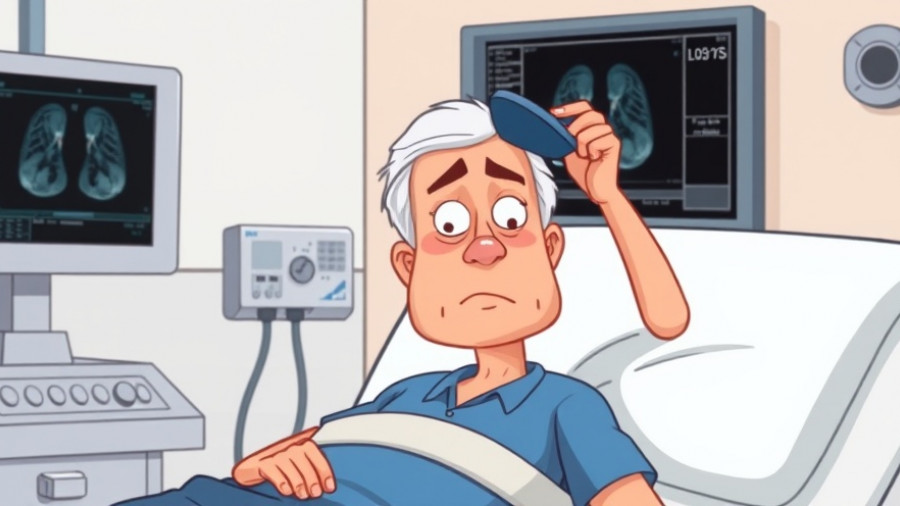
Exploring the Impact of Transcendental Meditation on Cluster Headaches
For many parents, the struggle with chronic pain conditions can feel isolating, particularly when it comes to cluster headaches. These episodic headaches can severely disrupt daily life, leaving sufferers feeling helpless during attacks. Traditional treatment options often focus on medication, but an alternative approach—Transcendental Meditation (TM)—is gaining attention for its potential holistic benefits.
Understanding Cluster Headaches
Cluster headaches are characterized by intense, debilitating pain that often occurs in cycles or "clusters." Episodes can last for weeks or months, significantly affecting both physical health and emotional well-being. Most commonly, these headaches strike in the late night or early morning, leading to considerable distress and impacting sleep patterns. Understanding the nature and triggers of cluster headaches is crucial for parents, especially when managing a child or teenager who might be suffering from them.
The Science Behind Transcendental Meditation
Transcendental Meditation is a simple, natural technique that encourages deep relaxation and promotes mental clarity. Research indicates that practicing TM can lead to reduced stress, anxiety, and depression—all factors known to exacerbate pain conditions. By fostering a balanced mental state, TM may empower individuals to cope with the frequent and sometimes unpredictable nature of cluster headaches.
Connecting Meditation with Pain Relief
Several studies suggest that individuals who practice TM experience lower levels of perceived stress, which can be tied to pain awareness. For parents, this presents an opportunity to introduce mindfulness-based therapies to their children. Not only can TM provide immediate relaxation during painful episodes, but it may also enhance overall emotional resilience.
How to Implement TM in Family Life
Starting a new routine can be daunting, but integrating TM into family life can be achieved with a few mindfulness sessions each week. Families can participate together, helping to build a supportive environment. It’s important for parents to communicate the benefits of TM to their children, emphasizing how consistent practice can lead to decreased anxiety and improved pain management.
Learning from Others: Success Stories
Many individuals have reported positive experiences after incorporating TM into their routines. An adolescent who dealt with cluster headaches shared how meditation offered him a sense of control during attacks. This personal account highlights the power of community and shared experiences among parents seeking to support their children through similar struggles.
Future Directions in Pain Management
As research unfolds, the intersection of mindfulness practices and traditional pain management will likely evolve. Parents are encouraged to stay informed about new findings and treatments, ensuring they have access to all options available, including holistic and evidence-based therapies such as TM. In the future, such integration may play a vital role in a child's recovery journey.
Take Action for Holistic Healing
The integration of TM into your child's pain management strategy can have profound benefits. To provide your family with these tools, consider discussing the implementation of TM with a healthcare professional who specializes in holistic approaches to health. Engage with local resources that cater to mindfulness practices, and explore workshops or classes available in your area.
In conclusion, cluster headaches can be challenging to manage, but Transcendental Meditation offers a promising adjunct to pain relief strategies. By promoting mental well-being through mindfulness, parents empower their children to face their challenges with resilience and strength.
If you want to learn more about holistic approaches for pain management, consider researching local meditation workshops or speaking with health professionals about incorporating strategies like TM into your family’s health regimen.
 Add Row
Add Row  Add
Add 




Write A Comment